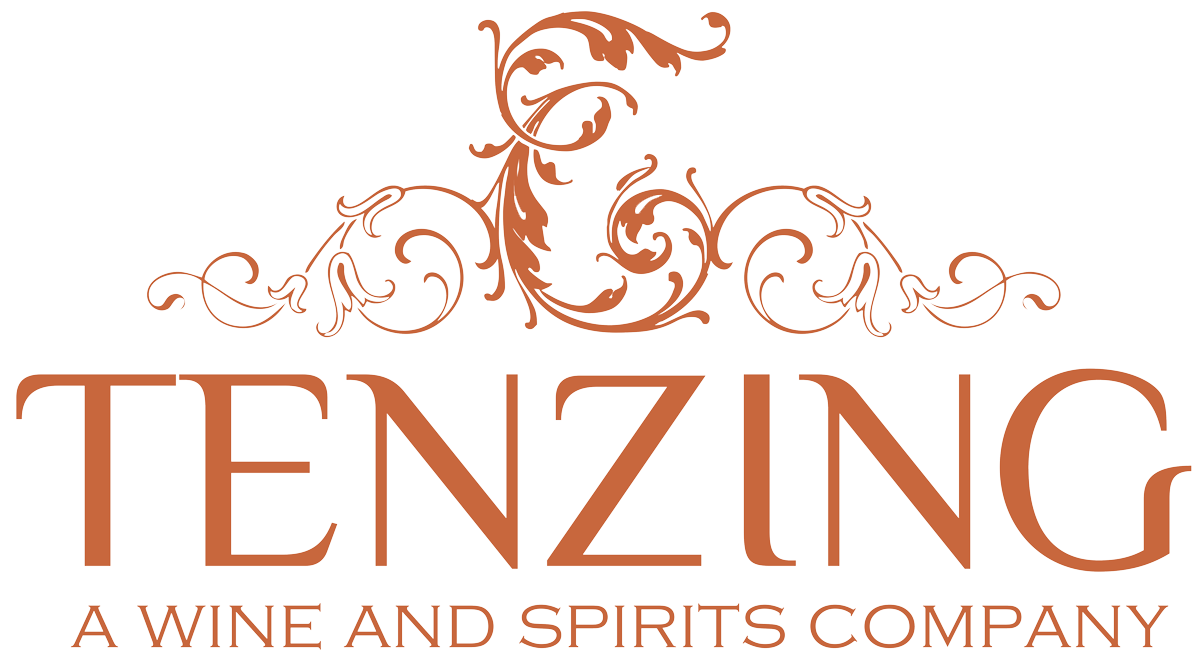One of our first conversations about creating a world class portfolio of wines included the obvious, we must represent Champagne.
Not just a well-known house or the tiny producer that no one has ever heard of, perhaps for other obvious reasons, but a real gem that is still undiscovered. Be one of the lucky ones to get there first.
After following Champagne experts like Peter Liem and Tom Stevenson we knew they were reviewing producers we didn’t have yet in Illinois. Cédric-Bouchard, Lassaigne, Lahert-Frères, Déthune and Bérèche to name a few. We planned our trip and requested to meet with all of the above.
Cédric-Bouchard was just about to find an importer so we met with the other four. As the days went, our first appointment was with Raphäel Bérèche as his family’s winery in Ludes. He was very eager to meet us and humbled that we were interested in his wines. His family has been making wines since 1847 and owns vineyards on the north slope of the Montagne de Reims. Champagne Bérèche has always been a Récoltant Manipulant, meaning they own their vineyards and make the wines under they own label, however in 2013 they changed their designation to Négociant. Giving Raphäel and his brother Vincent, more flexibility to work with grapes they can purchase from different terroirs. They also have a new range called “Crus Sélectionées”.
The brothers are keeping with traditional practices, learned from their father and grandfather, the vineyards are farmed mostly biodynamically but the wine making can stick to custom practices.
Besides keeping the wines dry, usually with a very low dosage, they try and avoid malolactic fermentation to retain as much acidity as possible. They are beginning to use more oak barrels for the fermentation but without making the wines buttery or toasty. The results are wines that are very precise, mineral driven and layered.
Vincent and Raphaël
One of the traditional practices they continue is the use of natural cork during the second fermentation in bottle. This requires a lot of extra work and disgorging by hand to remove the cork, which many have replaced for the easier to use capsule.
The Reflet d'Antan wines are matured with natural cork before disgorgement.
They believe that this will give their wines more character and complexity, plus a tradition that should not be forgotten.
After tasting the wines in 2010, we knew that the visit with them was well worth it, we had a real gem that needed to be shared. As we continue to help spread the word about these wines in Illinois, they’re getting more and more national (and international) recognition. Pretty soon, the wines will be very hard to get.
We recommend that you take advantage of the opportunity now to add a few to your list or private cellar.







